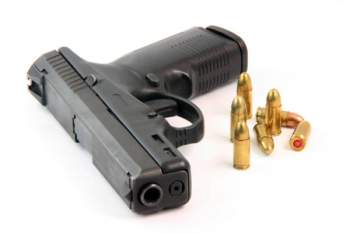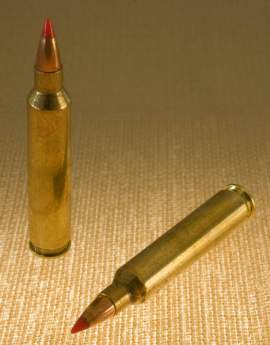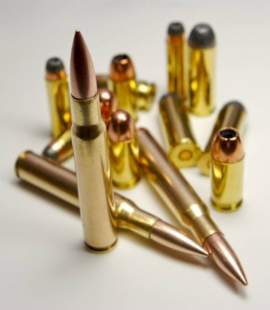
Georgia Gun Laws

Georgia gun law does not require a permit to purchase, registration of firearms, or the licensing of owners. A permit to carry is only instituted to firearms that can be legally categorized as handguns.
Under Georgia gun law, it is deemed as unlawful for a person of under the age of 18 to possess a handgun. Consequently, it is illegal for any person to give, sell, or transfer a handgun to anyone under the age of 18. However, there are exceptions in which a minor may possess a handgun. A minor may be in possession of a handgun with the permission of a parent, legal guardian, or under the supervision of a qualified or certified instructor, or professional.
Based upon the contingency of permission by an adult, a minor may possess a handgun if he/she is attending a firearm education or safety course. This also includes if the minor is engaged in activities such as hunting, lawful sporting events, shooting competitions, or fishing.
While traveling to and from such events, locations, or activities, a minor may posses a handgun in a private vehicle as long as the weapon is not loaded. In situations such as hunting, trapping, or fishing, the handgun must be in plain sight and fully exposed if it is loaded. Possession is also allowed to minors if he/she is on property under the supervision of a parent or guardian, and he/she has full permission to possess the handgun.
Minors that have been convicted of violence-related crimes are entirely barred from being able to bear a handgun or other firearms. Georgia gun law states that any individual having been convicted of a felony crime is prohibited to possess or transport any shotgun, rifle, or handgun.
In order to carry a handgun or another type of concealable firearm, Georgia gun law requires an individual to obtain a license or permit to carry. The license allows a person to carry a handgun openly, either in a holster or similar device, which can then be concealed by clothing, a purse, suitcase, or other type of container. This also includes concealment in a motor vehicle. Those wishing to obtain a license to carry a handgun must be over the age of 21, and not meet the following criteria:
Convicted of a felony that has not been officially pardoned by the necessary agencies or officials.
Convicted of a misdemeanor crime of a violent nature in the prior five years.
Convicted of unlawful weapons carrying charge in the past three years.
Convicted of charges relating to drug or substance abuse.
Been institutionalized in a facility for mental instability or drug and/or alcohol abuse.
The application must be submitted to the proper law enforcement agency, which will then conduct a federal and state criminal background check. If there are no negative statements or history on an applicants record, a judge issues the license to carry within 60 days of receipt of application.
A judge also has the discretion to grant a license to carry to those who have been committed to a mental hospital or have a history of drug and alcohol abuse. The judge will seek the recommendations of the officials or personnel of such institutions, and then may decide to grant or deny the application to carry concealed weapons.
The license remains valid for a period of five years, and is taken under oath to a judge. It is not necessary to obtain the carry license if the possession of a firearm is within the limits of a person's home or place of business. This also extends to the transportation of a firearm, as long it is in plain view or stored in a glove compartment; if unloaded, the firearm must be separate from any ammunition and secured in a case.
NEXT: Hawaii Gun Laws




















